From Harlem to Washington, domestically and abroad, America's history is heavily defined by African American people and culture. The slave economy leading to the most lethal war in US history; the progress and subsequent regression of the reconstruction era leading to decades of radical political and social development: There isn't a period since modern America's conception that hasn't been impacted by Black men and women.
It's nearly impossible to contextualize our modern culture and politics without first learning about just a few of these great leaders and vital moments. Discover something new or broaden your understandings with these African American history books.
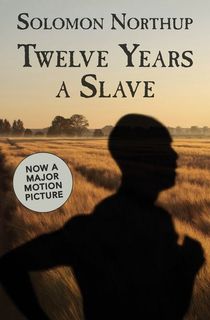
Twelve Years a Slave
Leading to the award-winning film of the same name, Solomon Northup's memoir is chilling to read. Northup was born a free man in New York, but was drugged and kidnapped in the nation's capital, sold into slavery on a cotton plantation in Louisiana for 12 years. Once free, he attempted a lawsuit against the slave traders in Washington, but was unable to provide his own testimony as a black man during the time. The book details a time that would catapult him into activism for the rest of his life, giving lectures in favor of abolition and aiding in the Underground Railroad.
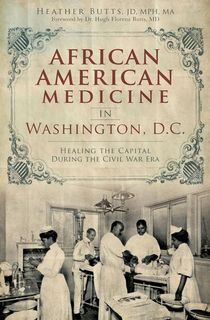
African American Medicine in Washington, D.C.
African American men and women were a major part of the Civil War. Some, like the members of the 54th Massachusetts Regiment, joined the Union and fought for their own freedom. Others served in an equally crucial manner, as the defense of the nation's capital meant increased need for surgeons, doctors, and nurses to heal the wounded and sick. Initially establishing infrastructure to treat African American soldiers, some of the oldest healthcare institutions in the country arose from the efforts of these workers during the Civil War. Heather Butts recounts the efforts of extraordinary individuals, like surgeon Alexander T. Augusta, and the assistance of Black nurses and doctors who cared ably for their own.
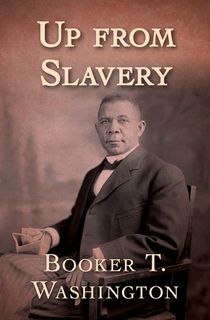
Up from Slavery
Booker T. Washington was a highly influential thinker during and after the Reconstruction Era. A subject of both praise and criticism for his "Atlanta Compromise" speech, which sparked a movement seeking to appease Southern white lawmakers, Washington's autobiography depicts the caution of a former slave rooted in the desire to retain newfound freedoms.
Washington foresaw that increases in social tensions over African American rights in southern states could lead to legal retaliation. As Jim Crow laws spread across the nation, Washington strove to, at least, maintain the small liberties won for Black people after the Civil War. In Up From Slavery, he recounts his own life experience, from being born into slavery to his leadership of the Tuskegee Institute, as an example of the type of achievement possible via bootstrapping. Controversial even at the time, Washington's views nonetheless offer a viewpoint into the experience of a certain class of Black Americans in the second half of the 19th century.

Black Reconstruction in America
W.E.B. Dubois was the first African American to earn his doctorate from Harvard, going on to work at Atlanta University as a sociology, economics, and history professor. Black Reconstruction in America is a detailed look at African American society and politics in the 20 years following the Civil War. Emphasizing the struggle to make progress with the start of Jim Crow-era policies, Du Bois's research and insight contextualize America's foot-dragging nearly a century later, delivering a crucial foundation for what would eventually become the civil rights movement.
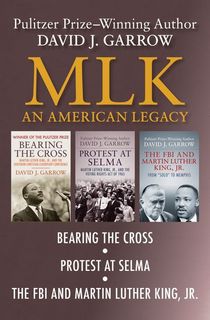
MLK: An American Legacy
Martin Luther King Jr. would have turned 91 this year. While the preacher and leader did not live to see today's progress and challenges for African American men and women, his message is still very present. If you're looking for a full exploration of King's life and impact, David J. Garrow delivers. The first entry in the trio won a Pulitzer Prize in 1987, and his in-depth research, interviews, and analysis of FBI case files show why. One of the most recognizable figures in appearance, written content, and influence, it only takes three letters for the average American to reflect upon African American history.
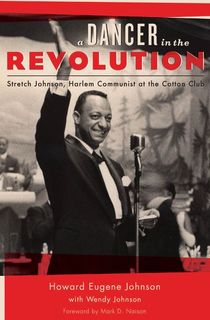
A Dancer in the Revolution
Howard "Stretch" Johnson was crucial in combining artistic expression with politics during the Harlem Renaissance, helping the movement of musical and written exploration eventually define the social culture of Harlem. A dancer at the Cotton Club, leader of the communist youth party of Harlem, and eventual professor of black studies, Johnson used his popularity as an entertainer to open up connections into the political sphere for the Black community. He was also one of the first prominent voices to criticize the tourist culture of wealthy white people traveling to Harlem for entertainment during the era. This autobiography offers a new view into the Civil Rights Movement.
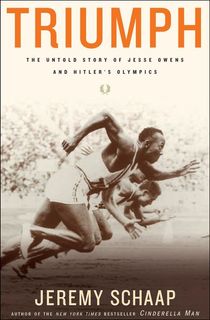
Triumph
Jesse Owens is an inspirational story of athletic accomplishment and American excellence in defiance of a hateful opposition, winning four gold medals at the 1936 Olympics. Surrounded by swastika-branded flags and storm troopers, Owens disproved the myth of Aryan superiority with Hitler present all the while. The story is certainly a momentous point in African American history, but, like all great tales, there is a much more complex narrative below the headlines. Schaap unveils the details behind one of the most cathartic triumphs in all of history.
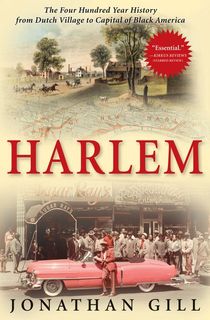
Harlem
One of the most iconic neighborhoods in the United States, Harlem has produced icons in music, politics, writing, and social change. Jonathan Gill delivers a fully-detailed examination of Upper Manhattan's most dynamic district. As one of the oldest settled areas in the country, its history is as varied as the African American experience itself.

The Warmth of Other Suns
Pulitzer Prize–winning author Isabel Wilkerson wrote the definitive analysis of the Great Migration. The stories of Black citizens leaving the South in search of a better life in northern and western cities are crucial narratives in African American history, determining the lives of future generations. For the majority of the 20th century, nearly six million people took part in a major population shift, explored in over a thousand interviews by Wilkerson.
Related: Illuminating Books About the History of Race in America

The Fire Next Time
A national bestselling author who had several of his books banned, James Baldwin delivers two essays in the form of letters on the centennial of the Emancipation Proclamation. Baldwin's passionate call for an attack on the idea of racism itself gave explosive energy to the civil rights movement. Baldwin uses aspects of his early life in Harlem and an exploration of racial injustices of the time to clearly explain feelings of the African American experience. This hugely influential book continues to generate cultural conversations and responses nearly 60 years after its publication.
This post first appeared on The Archive.
This post is sponsored by Open Road Media. Thank you for supporting our partners, who make it possible for The Archive to continue publishing the history stories you love.
-(1).jpg?w=3840)


